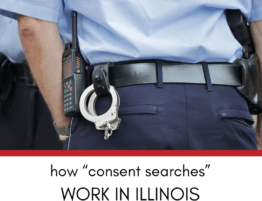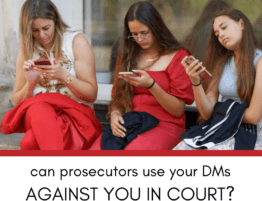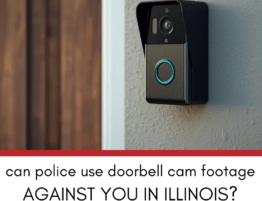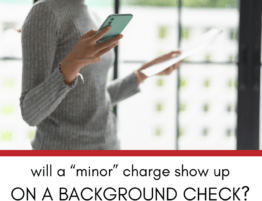
Navigating battery charges and understanding the most effective defense strategies can be crucial for anyone facing such accusations. This guide aims to provide clear and comprehensive information on common defense strategies used in battery cases.
The Most Common Defense Strategies for Battery Charges
When facing battery charges, knowing the possible defense strategies can significantly impact the outcome of your case. This guide explains the following:
- Understanding battery charges
- Self-defense
- Defense of others
- Consent
- Lack of intent
- False accusation or mistaken identity
Here’s a closer look at each.
Understanding Battery Charges
Battery charges typically involve accusations of intentional and unlawful physical contact or harm to another person. The specifics can vary, but generally, battery is considered a serious offense. Understanding the nature of the charges against you is the first step in formulating a defense.
Related: Chicago criminal charge information
Self-Defense
One of the most common defense strategies is claiming self-defense. This argument is used when you assert that your actions were a necessary response to protect yourself from imminent harm. For self-defense to be valid, you must demonstrate that your perception of threat was reasonable and that the force used was proportionate to the threat faced.
Defense of Others
Similar to self-defense, the defense of others strategy is used when you claim that your actions were necessary to protect another person from immediate harm. This defense requires showing that you had a reasonable belief that the person you were defending was in real danger and that your response was appropriate to the situation.
Related: DUI information
Consent
In some cases, consent can be a valid defense. This applies when the person allegedly harmed had given consent to the act that led to the battery charge. This defense is more common in situations involving sports or other activities where physical contact is expected and agreed upon.
Lack of Intent
Battery charges often hinge on the intent to cause harm or offensive contact. Arguing a lack of intent involves proving that the contact was accidental or that there was no intention to harm. This defense can be particularly relevant in cases where the actions leading to the charge were misinterpreted.
False Accusation or Mistaken Identity
False accusations or cases of mistaken identity can also be a defense. This strategy involves proving that you were wrongly identified as the perpetrator or that the accusations against you are baseless. Evidence such as alibis, witness testimony, or video footage can be crucial in these cases.
FAQ About Defense Strategies for Battery Charges
Check out these commonly asked questions about defense strategies for battery charges.
What Should I Do If I’m Falsely Accused of Battery?
If you’re falsely accused of battery, contact a lawyer immediately. They can help gather evidence to support your defense and protect your rights.
Related: Can I tell my lawyer the truth?
Can Consent Be a Defense in a Battery Case?
Yes, consent can be a defense in battery cases, especially in contexts where physical contact is expected and agreed upon, like in sports.
How Can I Prove Self-Defense?
To prove self-defense, you need to show that you had a reasonable belief of imminent harm and that your response was proportionate to the threat. Witness statements, medical reports, and other evidence can support this claim.
Is It Possible to Have Battery Charges Dropped?
Yes, it’s possible to have battery charges dropped if you can effectively challenge the prosecution’s evidence or prove a valid defense like self-defense or false accusation.
Related: Protesters’ rights in Illinois
What’s the Difference Between Self-Defense and Defense of Others?
Self-defense refers to protecting oneself from harm, while defense of others involves protecting another person. Both require proving a reasonable perception of threat and an appropriate response.
Do You Need to Talk to an Attorney?
If you’ve been accused of a crime, we may be able to help you – and don’t worry: It’s completely confidential. Call us at 847-920-4540 or fill out the form below to schedule your free, private consultation with an experienced and skilled Chicago criminal defense attorney now.
Contact Us
"*" indicates required fields









